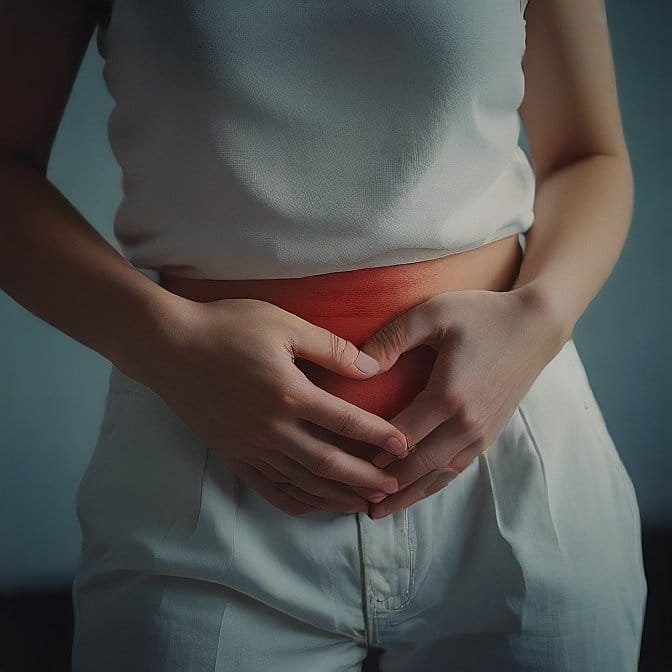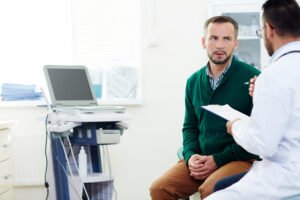Do you ever finish a meal only to find yourself clutching your stomach in discomfort? Abdominal pain after eating is a common issue that can range from mildly annoying to seriously disruptive. Abdominal Pain After Eating: Common Causes and How to Find Relief, Understanding what’s the reason behind the pain is the first step toward finding lasting relief.
Why Does Abdominal Pain Happen After Eating?
Your body works hard to digest the food you eat, but sometimes certain foods or underlying conditions can upset this process. Here are some better causes behind abdominal pain:
- Overeating
Eating more than your stomach can discomfort your abdominals, and that can lead to bloating, discomfort, and even sharp pains. - Food Reaction or Allergies
Some people have trouble digesting specific foods like dairy (lactose intolerance) or gluten (celiac disease). Symptoms often include cramping, bloating, and diarrhea. - Acid Reflux
Acid from your stomach can flow back into your esophagus, especially after large or spicy meals, causing a burning sensation and discomfort. - Irritable Bowel Syndrome (IBS)
This condition can cause cramping, bloating, and irregular bowel movements, often triggered by stress or certain foods. - Gallstones
These hard deposits in the gallbladder can cause pain, especially after eating fatty or greasy foods.
Recognizing Your Triggers

To pinpoint what’s causing your abdominal pain, try keeping a food journal. Write down what you eat, when you eat, and any symptoms you experience afterward. Patterns might emerge, helping you identify foods or habits that trigger discomfort.
Finding Relief
Here are some steps you can take to ease abdominal pain:
- Eat Mindfully
Chew your food thoroughly and avoid overeating. Smaller, more frequent meals can be easier on your stomach. - Avoid Trigger Foods
Spicy, fatty, and acidic foods can irritate your digestive system. Experiment with your diet to find what works best for you. - Stay Hydrated
Drinking plenty of water aids digestion and prevents constipation, a common cause of abdominal discomfort. - Exercise Regularly
Physical activity helps keep your digestive system moving, reducing the likelihood of bloating and cramps.
When to See a Doctor

While occasional discomfort is usually nothing to worry about, persistent or severe pain should not be ignored. Consult a healthcare provider if you experience:
- Sudden, intense abdominal pain.
- Pain that interferes with daily life.
- Unexplained weight loss.
- Vomiting or blood in your stool.
Takeaway
Abdominal pain after eating is a signal that your body isn’t happy with something. By understanding your triggers and adopting healthier habits, you can often prevent or minimize discomfort. However, don’t hesitate to seek medical advice if the pain persists or worsens.






